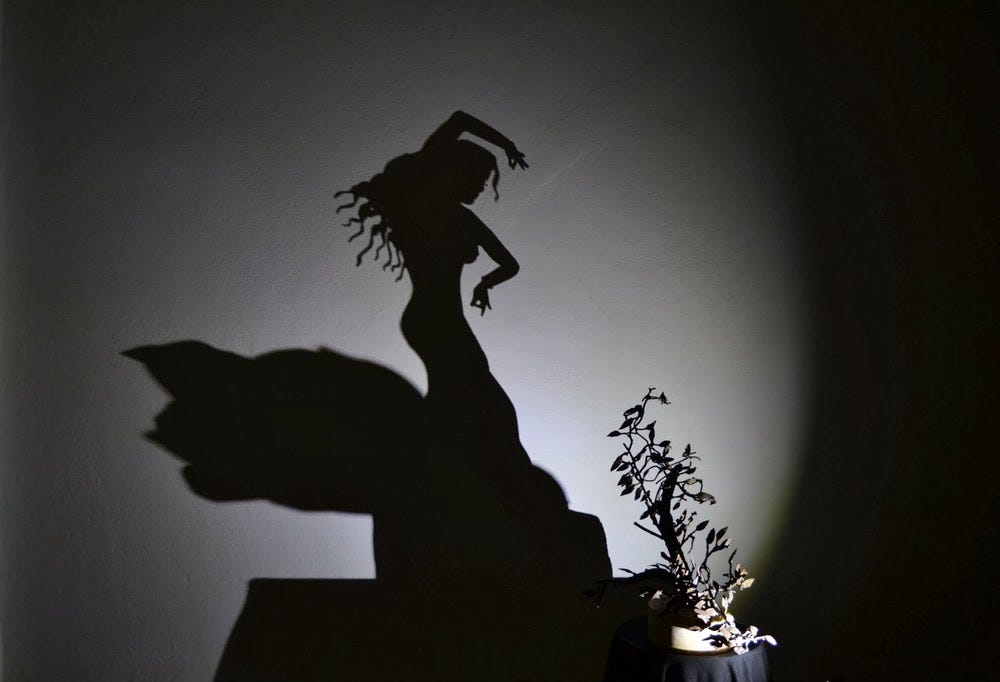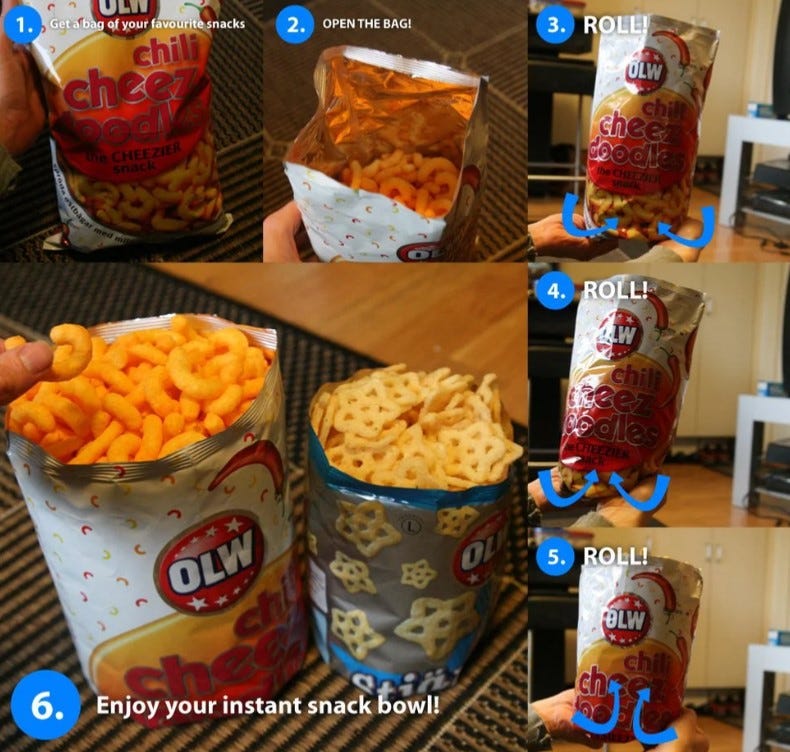This is the third in The Curiosity Mindset series, a multi-part series of articles going deep on curiosity, the research, the philosophy, and practical tools and methodologies. To view the other chapters in this series:
Every year, we’re told that creative thinking is one of the most important skills for the future.1 Depending on where you stand, there could be several interpretations and take aways from that statement:
Some may look at creativity and make an association to the world of arts, design, literature, etc
Others may hold a position that creativity is a skill that can and should be taught
You may intuitively link creative thinking with innovation and entrepreneurship
And of course, there will always be some people who look at a statement like that and think: “Oh I’m not very creative.”
Whatever perspective you hold, I ain’t arguing with you; I just wanted to acknowledge that different readers will have different reactions (and I’ll come back to why I started off like this later).
This isn’t one of those article where I’m going to ‘debunk the myths’ about what creativity is or isn’t. Instead, what I’d like to do is present a slightly different take on what I believe is the process of creativity, and why I argue that a practice of curiosity is a precursor to creativity.
Creativity is relative
Have you ever seen this ‘life hack’ where you turn any bag of chips into a standing bowl by itself?
I’ve been busting out this ‘hack’ ever since my uni days, such that it’s almost second nature to me. One day, during a monthly staff morning tea when I was a consultant in the public sector, I did this ‘hack’ out of habit and it just about blew everyone’s minds. “Wow you’re so creative Scott!”
After I let the applause settle down (in my head), I remember feeling like I was somehow ‘cheating’. I didn’t think what I did was particularly creative; I was just performing a ‘trick’ I learned several years ago, yet somehow this simple act bolstered my growing reputation as ‘the creative one’.
But this tiny incident did spark a realisation for me: Creativity is relative. What was but a mundane activity for me turned out to be completely novel experience for others.
I think this is an important observation to highlight is because it changes how we think about creativity. Creativity (and innovation et al) is so frequently associated with coming up with something ‘new’, something ‘different’, which is why I suspect so many people don’t consider themselves as ‘creative’; it’s really hard to think of new things! But if we think of creativity as something that’s relative, it changes that dynamic.
For example, if I pick on people in finance for a moment (who often attract—but also reinforce—the stereotype of being not creative), my accounting skills aren’t amazing. I pretty much muddle my way through anything financial with some pretty basic systems. To me, showing me anything that improves the way I look at my finances is going to look pretty creative to me.
Or if we look at technology, older people who are less tech-literate might look at the way young people navigate technology and think: “Wow this young generation is so creative!”2
A matter of perspective
If creativity is relative, then what we’re fundamentally talking about is a matter of perspective. I love using this particular example:

Imagine that you were asked to set up this sculpture in a gallery. At first, when you unbox the sculpture, you might think the artist has sent you a small bonsai tree. Then you set up the lighting but let’s say you got the angle wrong; it would like a mess. It’s only by re-positioning the light at just the right angle does the full beauty of this artwork show itself.
And if we look at this artwork in purely objective terms, it’s nothing more than a cleverly posed tree with a lamp shining on it.
I argue therefore that creativity is a byproduct of shifting perspectives. To take things that we know and looking at them in different ways.
To share another example, the social enterprise I founded is called ColourSpace Gallery. In a nutshell, what we do is turn shared spaces (offices, hospitals, etc) into galleries. Every 3 months, we rotate new artwork through, all of which is sourced from local emerging artists.
Every time I talk about ColourSpace, people tell me that it’s incredibly creative. But if I can let you in on a little secret: My inspiration for this idea came when I was working in an office, and I learned that we were paying for this service where some guy comes and brings fake flowers into the office.3 I remember thinking: “Huh… I wonder if I could do that with art?”
Again, objectively, what I simply did was take one idea and place it in a different context, et voila.
Curiosity as a precursor to creativity
To push one level deeper, if creativity is a byproduct of shifting perspectives, then I argue that curiosity is the process of moving between perspectives:
It might be looking at a new idea using different lenses
It might be taking something we already know and applying it in a different context
It might be challenging our internal configuration of what we know
It might even be changing the physical space that we’re in, which is why sometimes great ideas emerge when we’re travelling (or we’re in the shower)
And if you can’t physical move to a new environment, there’s a great social enterprise I’d like to introduce to you… 😉
The reason I’m arguing for this alternative take on creativity and curiosity is because when I read many of the case studies behind major innovations (e.g. the 3M Post-it Note, Velcro, etc), it’s usually not because someone came up with wild new idea, it’s because they saw something interesting and simply asked: “I wonder if this could be applied elsewhere?”
And why that gets me even more excited is that if we can practice shifting our perspectives through curiosity, then in essence, we can teach people to be creative on demand.
How cool is that?
Analytical thinking
Creative thinking
Resilience, flexibility, and agility
Motivation and self-awareness
Curiosity and lifelong learning
The Future of Jobs Report 2023 | World Economic Forum (weforum.org)
To take this one step further, imagine if we travelled 50 years into the past with a smart phone; it would seem like the most creative piece of technology that the world would have witnessed.
In all fairness, they were outstanding fake flowers, right down to the tiny air bubbles in the ‘water’






I love how you highlight the relativity of creativity!
Your story about the chip bowl hack really resonates—sometimes, we underestimate our own creative moments because they feel dull or ordinary to us. I've learned that writing what seems ordinary to me can be a spark of inspiration for someone else.
If we all took a moment to look at our everyday tasks through a curious lens, who knows what innovative ideas might emerge? It’s an exciting thought, Scott.
I hope you have a fantastic week ahead.
This is so wonderful. Yes - curiosity leads to new perspectives which lead to trying new things which is pretty creative. Love this